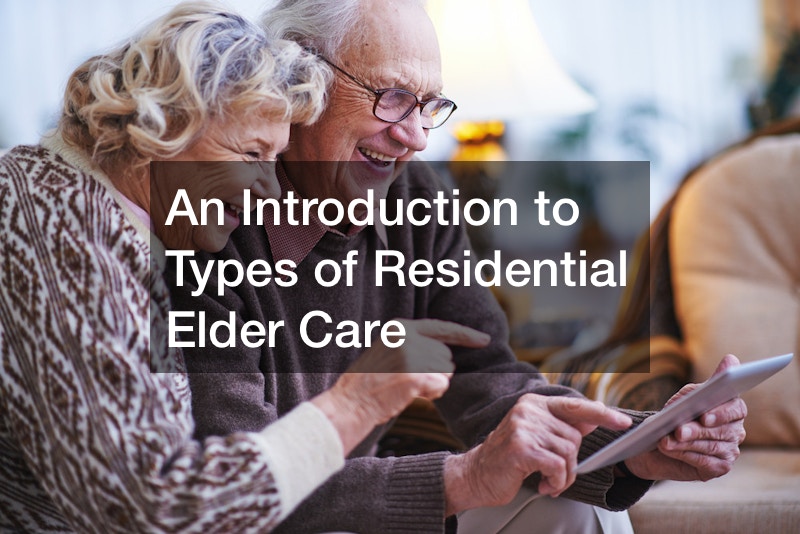
While many families believe that taking care of their senior relatives is one of their responsibilities, it’s not realistic. You must think about the well-being of everyone in your household. However, you don’t have to send anyone away, and elder care lawyers will be the first to tell you about the many types of residential elder care that will serve their needs better.

Having to watch out for the elderly can be as tiring as any other job, particularly if there are more responsibilities like feeding or helping them move around. You shouldn’t sacrifice your life when there are actual professionals who can do that work. Get elder consulting services to find out what would benefit your relative and the rest of the family. Most states have a Department of Elder Affairs programs and services handbook, so you can pick the right option.
If they need to be in a home or facility in New Jersey, research Garden State elder care for more information. Furthermore, many businesses have a senior citizen contact list so they can get in touch and offer even more solutions, so don’t disregard all the mail they get. Let’s find out more types of residential elder care.

The number of people living in the US at age 65 and older is expected to double over the next 30 years. The number of older adults experiencing a mental disorder is expected to double by 2030, and by 2050, the number of individuals paying for long-term care services is expected to double as well.
Because of that, it’s important to understand the many different types of elder care programs available. We’ll start with an overview of the different categories of elderly residential care communities:
Independent or Senior Living
In this arrangement, seniors live in individual homes within a larger complex. Most complexes offer services like security, transportation, and recreational activities, but usually don’t offer health care services. More expensive independent living services will offer luxury activities much like those offered at a country club. Independent living communities are geared toward self-sufficient seniors looking to be part of a community.
Assisted Living
Assisted living communities have many of the same amenities as independent living communities, with the added benefit of caring services and assistance. Residents usually live in 2-3 story apartments and can take advantage of 24 hour assistance with daily living activities like bathing, eating and using the bathroom. Nursing services, however, are not always provided.
Skilled Nursing Homes
Nursing homes feature elder care programs for seniors with more complex care needs. Licensed health professionals are on staff 24/7 to deal with any health issues that may arise. Housekeeping and social activities are also provided. Usually residents are provided with their own small apartments.
Continuing Care Retirement Communities
This elder care program provides care across the whole spectrum of need. It’s designed to allow seniors to age in place and get the nursing and assistance they need even if their health begins to decline. Seniors can live comfortably knowing that their needs will be met in the years to come.
Choosing the right living arrangement is the best way to make sure you or your loved one enjoys their golden years.
Continue reading here.
